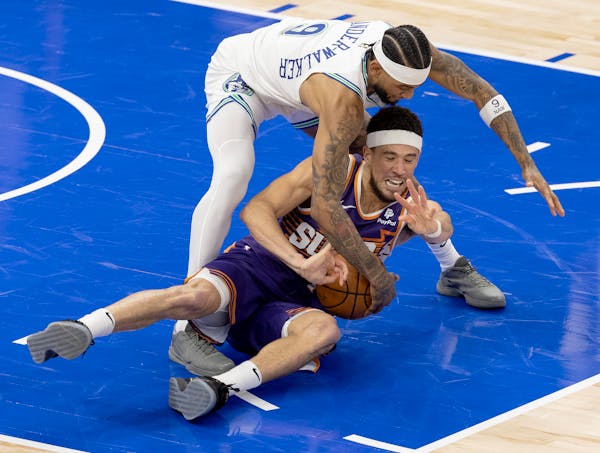MOSCOW - Russian President Vladimir Putin has ordered a major change in the rules for parliamentary elections, a move that could help solidify his power and influence toward the end of his term and insulate him from dwindling support for United Russia, the party that nominated him and now holds a majority.
At Putin's direction, half of the 450 seats in the State Duma, the lower house of Parliament, would be filled using a proportional system based on votes for parties, with each party then filling its allotted seats. The other half would be filled by direct election of individual candidates, creating a potential opening for independent campaigns.
The new system for the December 2016 elections replaces one of strict party-list voting. It would be the second major change to the parliamentary voting process in less than a decade. The proposal also comes just a year after allegations of widespread fraud in December 2011 parliamentary elections, setting off huge street protests in Moscow.
But while the prospect of individual candidacies suggests a liberalizing of a system often criticized as heavily tilted in favor of Putin, history shows that they can have the opposite effect. This is because individual candidates endorsed by the majority party tend to have a huge advantage in name recognition and resources in local races, and because candidates who run locally as independents can often be enticed to join the majority party.
In neighboring Ukraine, the adoption of a mixed electoral system like the one proposed by Putin helped President Viktor Yanukovych's Party of Regions win more seats in elections this fall, despite public opinion polls -- and even election results -- that showed support for the party had dropped across the country.
Putin, in a speech to the Russian Parliament last month, described the proposed change as a continuation of liberalization efforts that began last year with an easing of restrictions on creating political parties. Critics of that process say it is now too easy to form a party, effectively shattering the opposition like glass.
"We had seven political parties at the beginning of this year, and now we have 48, if I am not mistaken, plus there are over 200 organizing committees working to establish their own political parties." Putin said in the speech. "The authorities must strive to ensure that all of them enjoy equal rights."
But election experts said there were reasons to be skeptical. "Putin is not a man to take chances, and the last year has illustrated the potential for destabilizing forces to gain momentum quickly," said Matthew Rojansky, the deputy director of the Russia and Eurasia program at the Carnegie Endowment for International Peace in Washington. "The value for the party of power of the single mandate system mixed with the party list is that it can dilute the impact of a nationwide protest vote."
